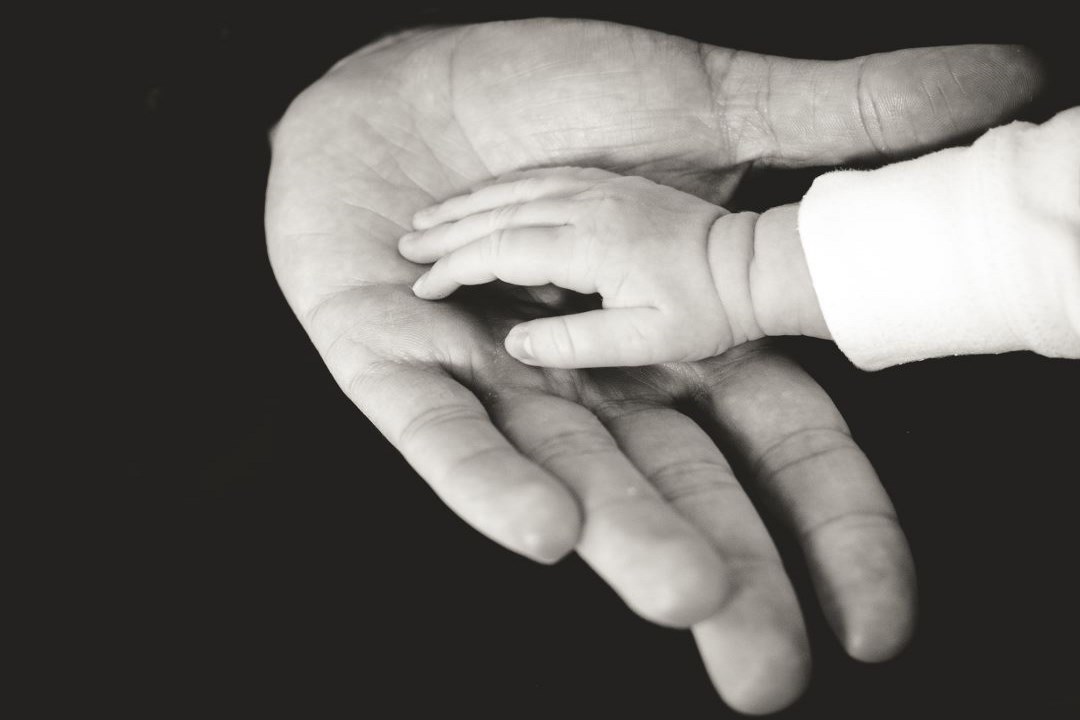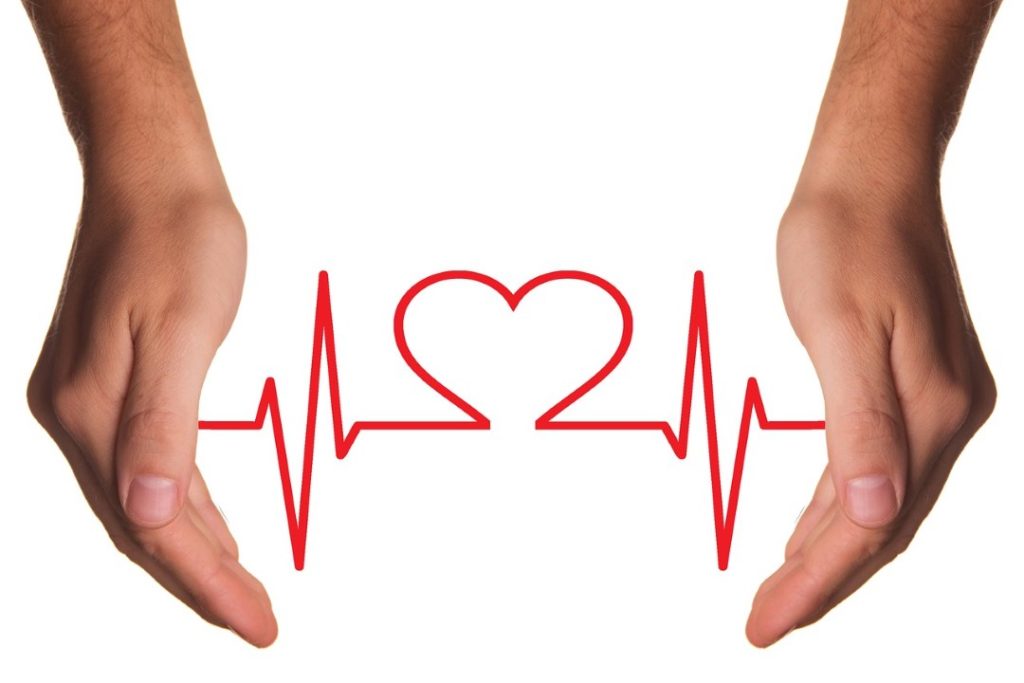
Contents
1. Regular Physical Activity:
Sedentary lifestyles are the reason for high blood pressure. Exercise helps to improve the condition of the heart, by efficient blood pumping. At least 30 minutes for 5 days of the week can lower your blood pressure by 4 to 9 mm Hg. It’s important to be consistent because if you stop exercising, your blood pressure can rise again.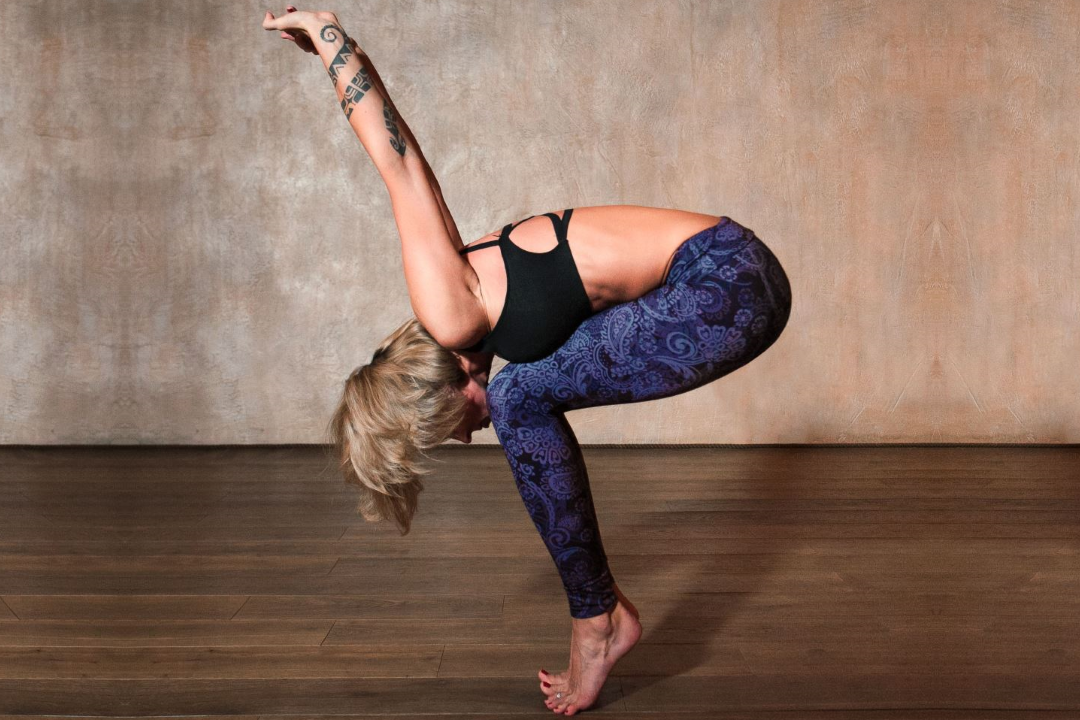
2. Weight Loss:
It is one of the most effective lifestyle changes for controlling blood pressure. Excess weight makes your heart work harder. This extra strain can lead to hypertension, while losing weight lightens your cardiovascular workload. If you’re overweight or obese, losing weight may be enough to get your blood pressure under control.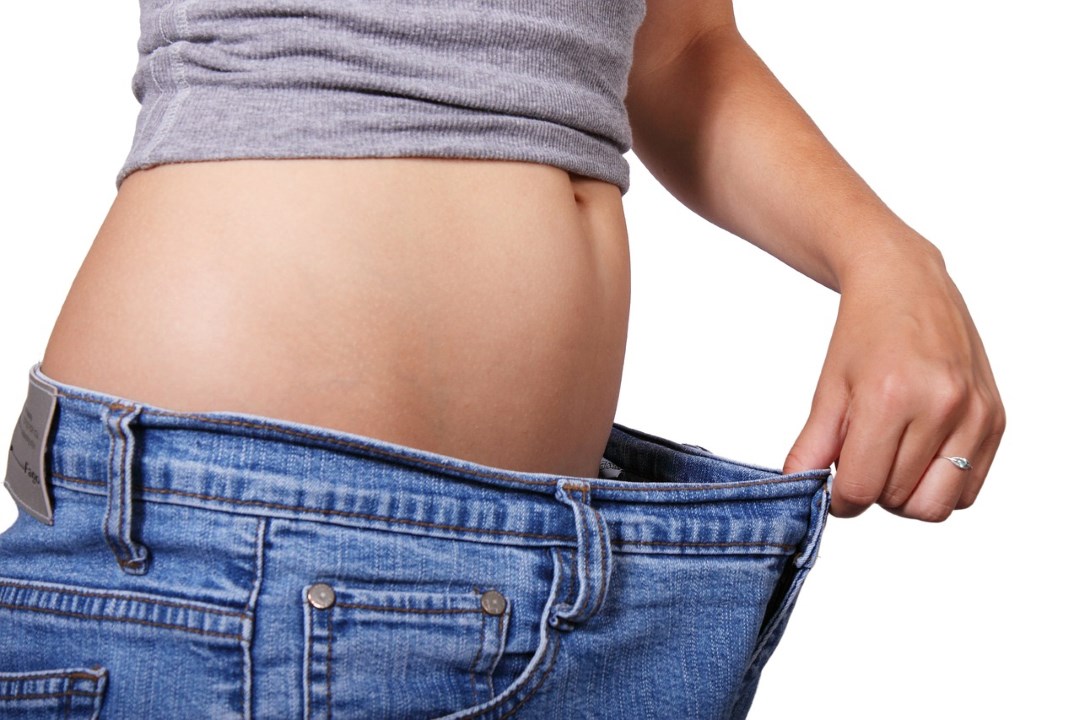
3. Salt reduction and restriction:
The general recommendation for people with hypertension limit their intake of salt to less than 1500 mg (600 mg of sodium) a day. We get most of our sodium from processed foods, so stick with whole foods. When you do eat foods with nutrition labels, be sure to check their sodium content.Even a small reduction in the sodium in your diet can reduce blood pressure by 2 to 8 mm Hg.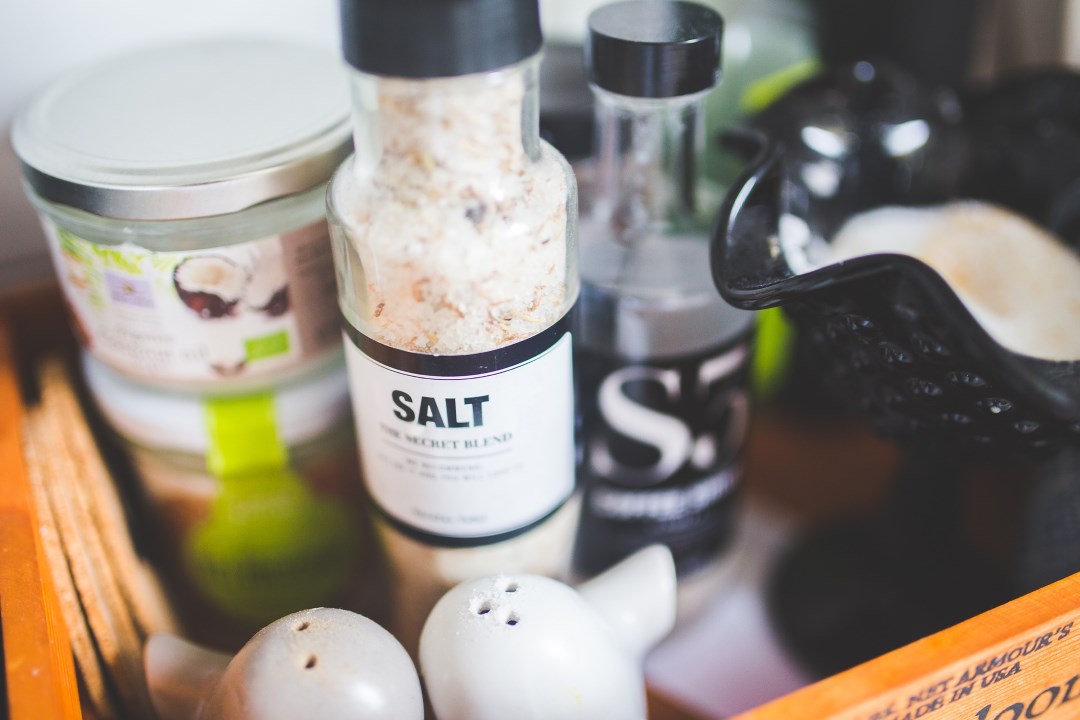
4. Dietary changes:
In addition to being a low salt (or low sodium) plan, the DASH diet provides additional benefits to reduce blood pressure. Eating a diet that is rich in whole grains, fruits, vegetables and low-fat dairy products and skimps on saturated fat and cholesterol can lower your blood pressure by up to 14 mm Hg. It is a high fiber, low to moderate fat diet, rich in potassium, calcium, and magnesium.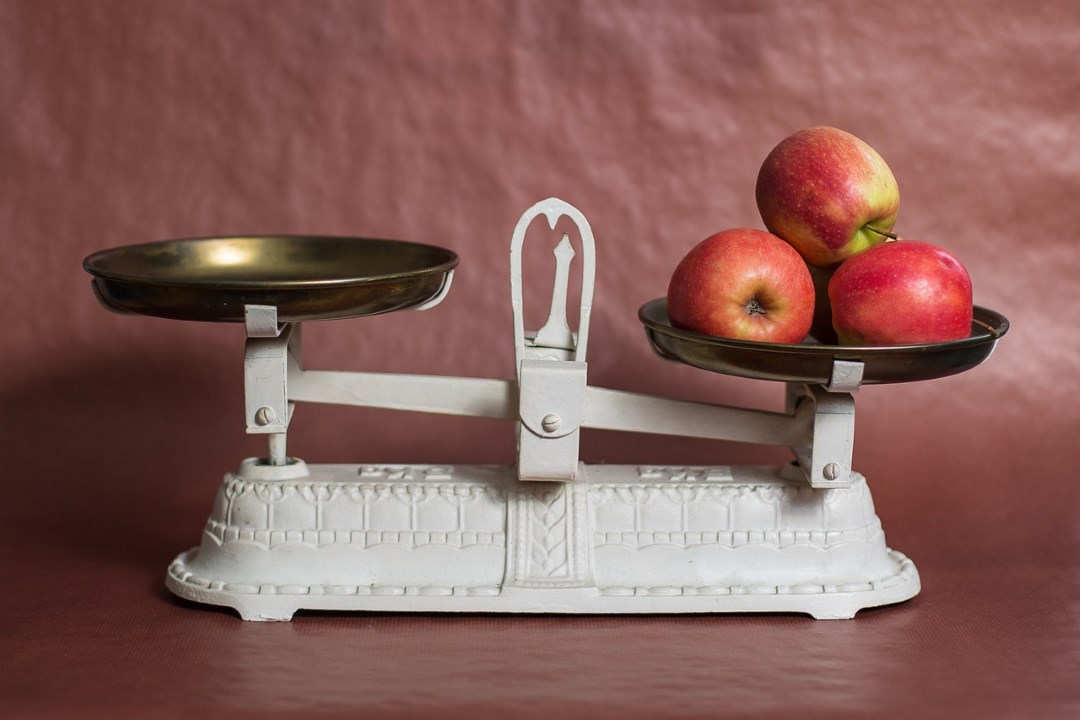
5. Skip Caffeine:
Coffee has some health benefits, but lowering blood pressure isn’t one of them. Caffeine can cause short term changes in blood pressure, even in people without hypertension. You can check whether you’re sensitive to caffeine’s blood-pressure increasing effects by checking your blood pressure before and within a half hour after consuming your coffee. If it increases by 5 or 10 points, you could be caffeine sensitive.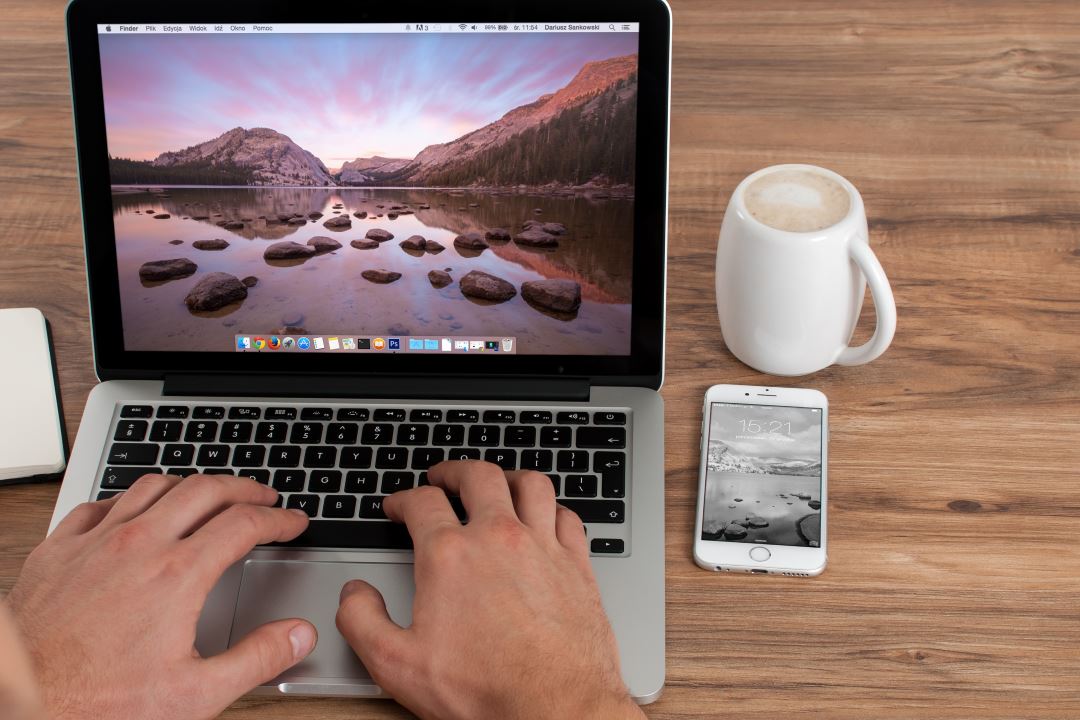
6. Yoga and Meditation:
Managing the stress in your life effectively may help reduce your blood pressure. Slow breathing and meditative practices such as qigong, yoga, and tai chi decrease stress hormones, which elevate renin, a kidney enzyme that raises blood pressure. Try 5 minutes in the morning and at night for low blood pressure. Inhale deeply and expand your belly. Exhale and release all of your tension.
7. Moderate your Alcohol intake:
Drinking too much can elevate blood pressure in some people. Alcohol can be both good and bad for your health. In small amounts, it can potentially lower your blood pressure by 2 to 4 mm Hg.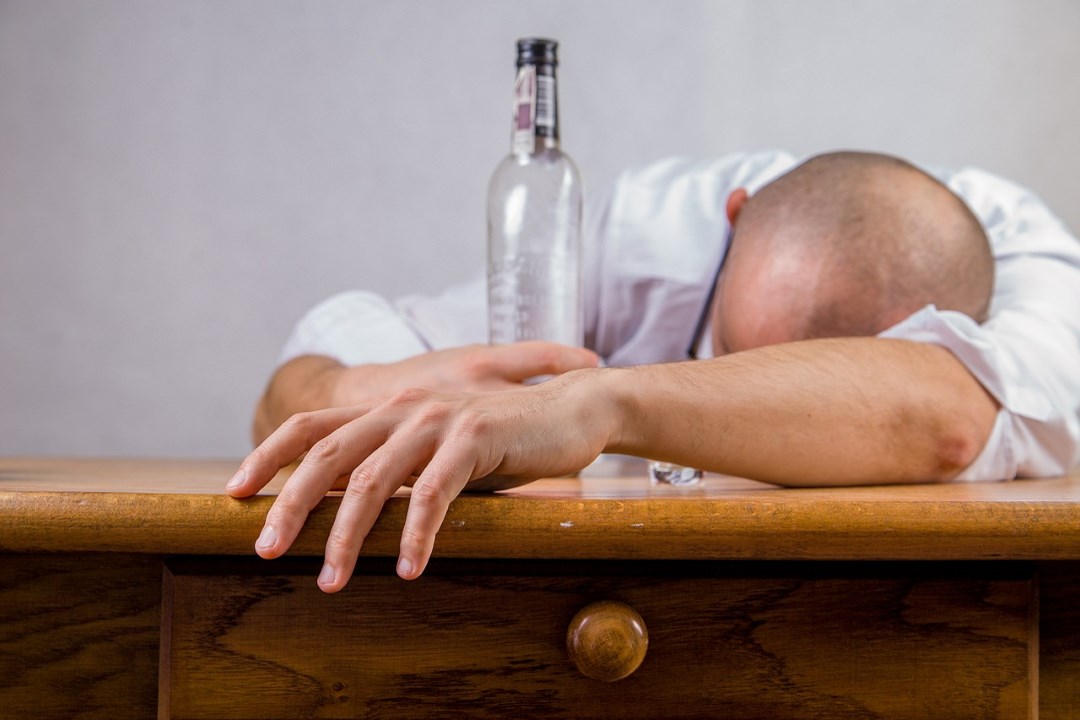
8. Avoid Smoking:
Smokers are at higher risk of hypertension. But even though tobacco and nicotine in cigarettes can cause temporary spikes in blood pressure, smoking itself is not thought to cause chronic hypertension. Factors associated with smoking, like heavy alcohol consumption and lack of exercise, might be responsible.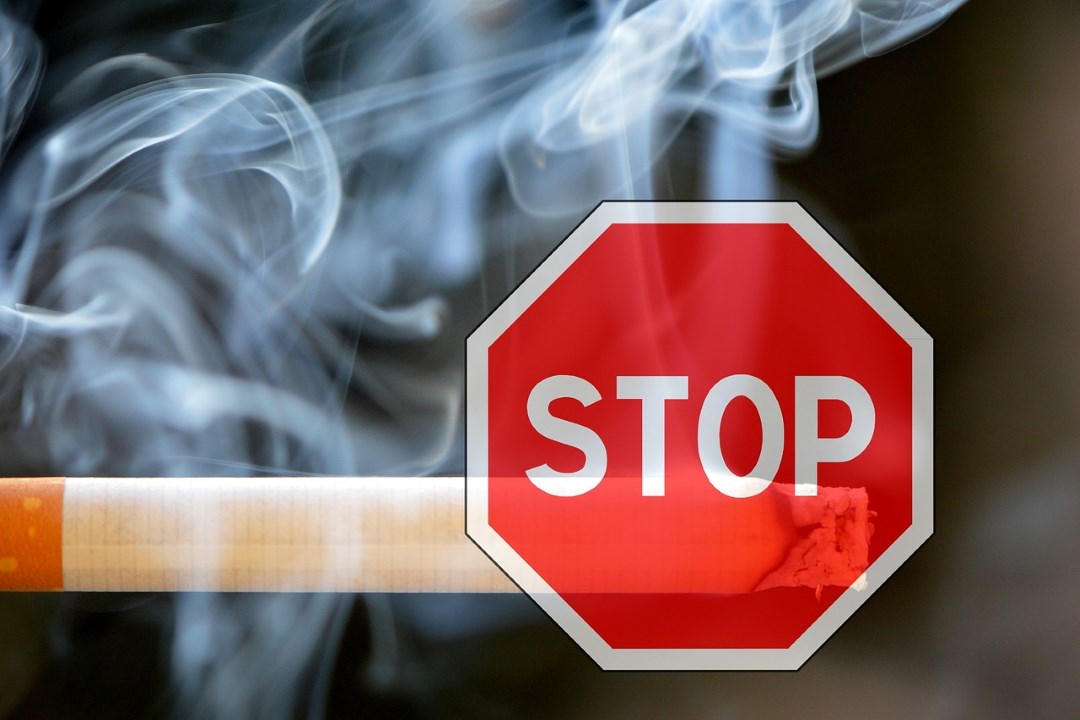
9. Medicines:
However, if above measures aren’t enough to control hypertension, doctors prescribe anti-hypertensives.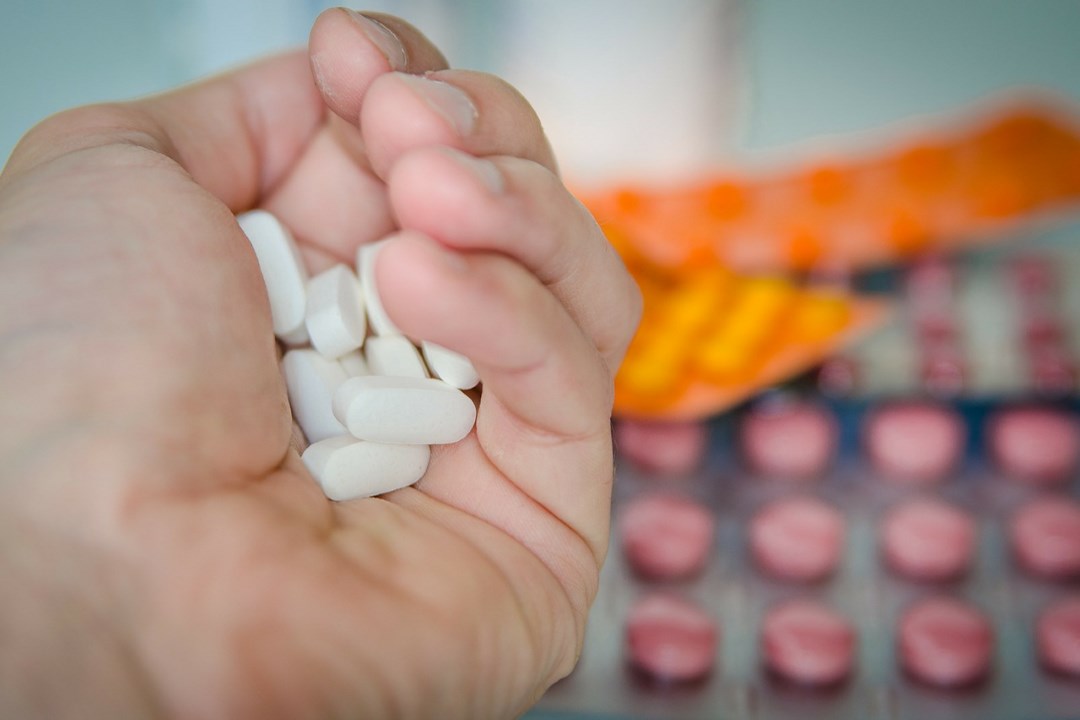
10. Support:
Supportive family and friends can help improve your health. They may encourage you to take care of yourself, drive you to the doctor or participate in an exercise program with you to keep your blood pressure low.